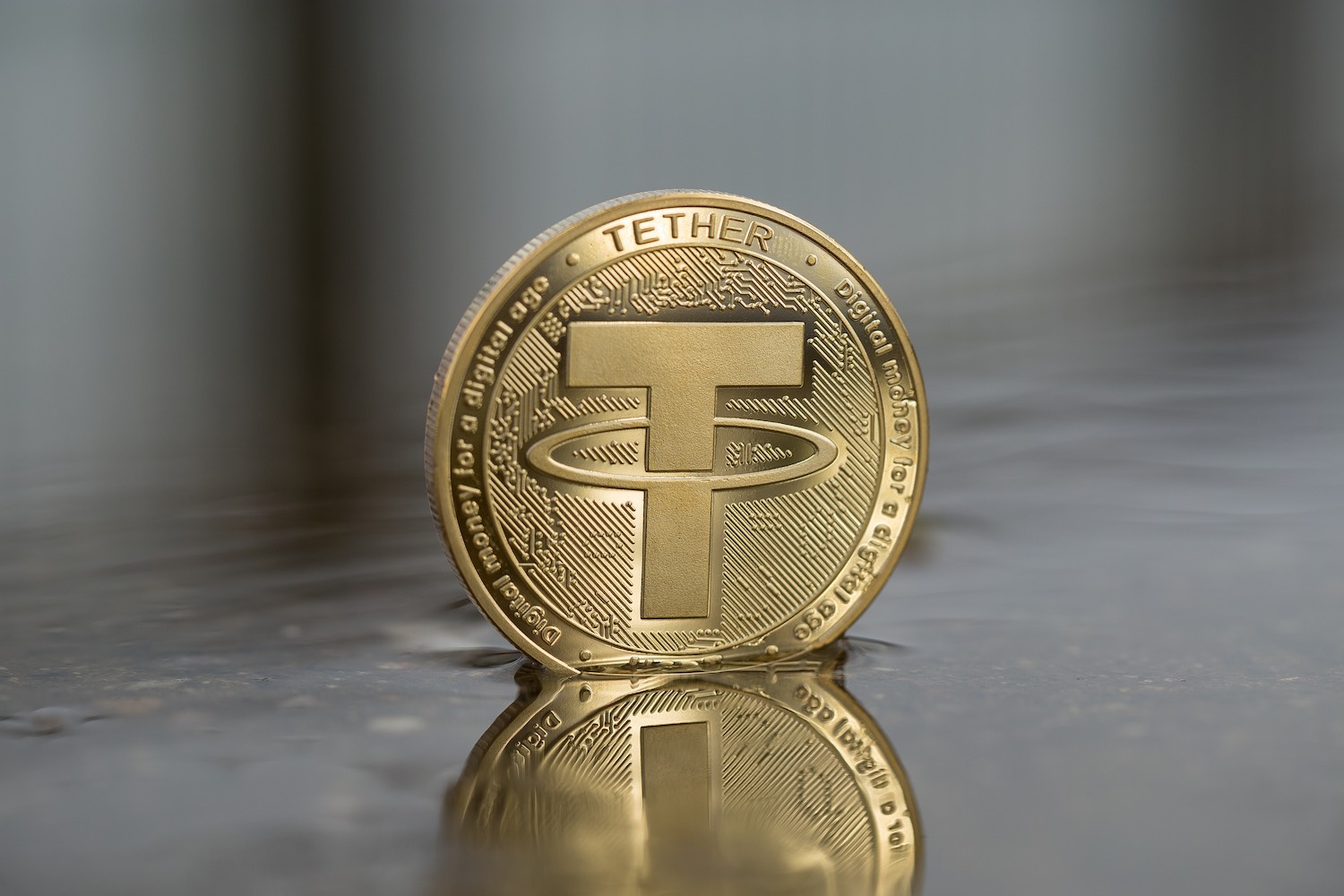The European Securities and Markets Authority (ESMA) has urged firms to limit the use of stablecoins that fail to comply with the EU’s new Markets in Crypto-Assets Regulation (MiCA).
In a statement released on Jan. 17, ESMA emphasized the need for crypto asset service providers (CASPs) to take immediate action regarding non-compliant stablecoins, also known as asset-referenced tokens (ARTs).
While the authority did not specify which issuers or stablecoins were non-compliant, the focus was on ensuring adherence to MiCA’s standards.
EU Regulators Set Q1 2025 Deadline for Compliance
ESMA highlighted the role of national competent authorities (NCAs) in guiding CASPs to align with MiCA requirements.
The regulations prohibit the issuance of stablecoins by entities not authorized under MiCA.
Issuers must be licensed in the EU, and any third party offering ARTs or electronic money tokens (EMTs) must secure written consent from the issuer.
The ESMA stated that NCAs should enforce compliance “as soon as possible,” with a final deadline of Q1 2025.
Restrictions on Non-Compliant Stablecoins
CASPs have until the end of January 2025 to implement restrictions, with allowances for “sell-only” operations extending until the end of Q1 2025.
This provision aims to enable EU investors to liquidate or convert holdings in non-compliant stablecoins during this transition period.
Tether’s USDT Faces Potential Delisting
The ESMA’s directive suggests that Tether’s USDT, the largest stablecoin by market cap, does not meet MiCA’s requirements.
“Tether does not have a license,” stated Juan Ignacio Ibañez of the MiCA Crypto Alliance.
Ibañez indicated that CASPs might need to delist USDT by Jan. 31, with complete removal, including “sell-only” options, by March 31.
Cointelegraph reached out to ESMA and Tether for clarification but has yet to receive a response.




